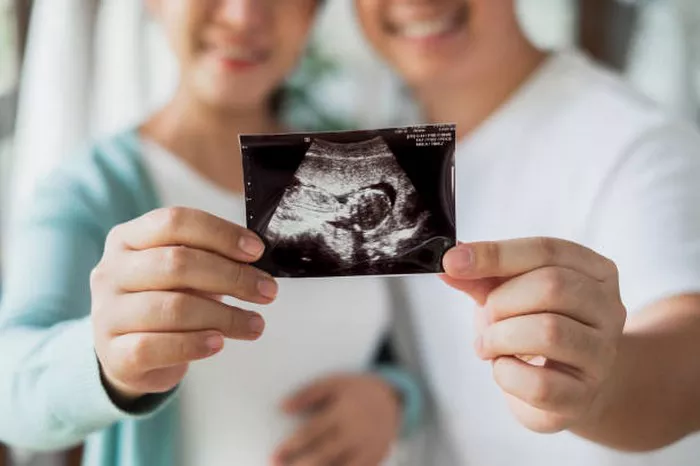Postpartum hemorrhage (PPH), a significant condition affecting approximately 4–6% of new mothers, involves substantial blood loss following childbirth and can result in severe complications if not effectively managed. Traditional treatments include medications to contract the uterus, physical compression, and balloon devices to stem the bleeding. When these methods are ineffective, uterine artery embolization (UAE) may be employed as a less invasive alternative to surgery. However, recent studies have raised concerns regarding the potential impact of UAE on subsequent pregnancies, prompting further investigation.
A research team led by Professor Woo Jin Yang from Korea University College of Medicine explored this issue by analyzing data from the Korean National Health Insurance Service database. Their study, published in the June 26, 2024, issue of Human Reproduction Open, compared outcomes for women who underwent UAE during their first delivery with those who did not, while controlling for other influencing factors.
The findings revealed that women who received UAE during their initial delivery faced a higher likelihood of complications in subsequent pregnancies. Specifically, these women showed increased risks of placental issues, such as abnormal placental attachment and positioning, as well as a greater incidence of premature births and recurrent severe bleeding during their second delivery.
Additionally, infants born to mothers who had undergone UAE exhibited a higher incidence of major birth defects, particularly cardiovascular issues, and often required special care in a neonatal intensive care unit. While long-term health issues in these children did not show significant increases, there was a slight uptick in reported cases of attention-deficit/hyperactivity disorder (ADHD). However, the association between UAE and ADHD necessitates cautious interpretation, with further research needed to validate and elucidate this potential link.
These findings could enhance the quality of patient-provider discussions regarding UAE, allowing healthcare professionals to better prepare women for future pregnancies. Tailored prenatal care that addresses the specific needs of women with a history of UAE may increase their confidence and promote proactive approaches during pregnancy, potentially involving more frequent check-ups and specialized monitoring.
Healthcare facilities can leverage this information to refine care plans for women with prior UAE, ensuring they receive personalized treatment. Collaboration between pediatric and obstetric teams can enhance care for newborns, and updated guidelines may emerge to reflect these findings, ultimately improving care practices for affected mothers and their children.
You Might Be Interested In:
-
New Research Reveals High Rates of Non-Prescribed ADHD Drug Use Among Party Drug Users
-
Top Employee Mental Health Programs in Canada: Enhancing Workplace Well-Being
-
Study Finds Laughter Exercise as Effective as Eye Drops for Dry Eye Relief


